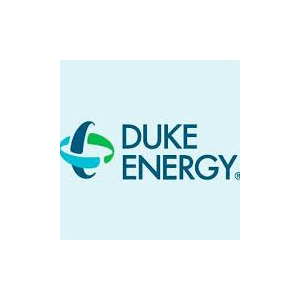Job Description
Responsibilities
Provides engineering/technical expertise and guidance in the identification, analysis and resolution of routine problems in area of expertise.
Assists in the accomplishment of business goals and objectives through effective planning, organizing, estimating, scheduling and monitoring of work activities under the guidance of higher-level employees.
Prepares thorough and accurate technical reports, correspondence, documentation, calculations and sketches associated with the resolution of routine technical problems.
Conducts basic engineering studies requiring little evaluation or ingenuity.
Possesses knowledge of fundamental concepts, practices and procedures.
Develops positive working relationships to effectively coordinate work activities. Demonstrates effective oral and written communication skills. Maintains accurate records and files.
Supports the company's goals and represents the company positively and professionally.
Required Qualifications
Bachelor of Science in Engineering from an ABET accredited program
A Master's degree in Engineering will be considered in lieu of the B.S. Engineering degree.
Valid Driver's License
Additional Preferred Qualifications
Understanding of basic engineering theories and principles.
Understanding of basic practices of researching engineering and design issues, evaluating alternatives, making sound recommendations and preparing and presenting recommendations.
Ability to deal with a variety of individuals from various socio-economic, cultural and ethnic backgrounds.
Good written and oral communication skills.
Passing grade on the Engineering Fundamentals Exam.
Understanding of basic principles of project management.
Experience in the utility industry.
Working Conditions
Hybrid Mobility Classification – Work will be performed from both remote and onsite locations after the onboarding period. However, hybrid employees should live within a reasonable daily commute to a Duke Energy facility.
Duke Energy
Charlotte, NC
Duke Energy Corporation, together with its subsidiaries, operates as an energy company in the United States. It operates through three segments: Electric Utilities and Infrastructure, Gas Utilities and Infrastructure, and Commercial Renewables. The Electric Utilities and Infrastructure segment generates, transmits, distributes, and sells electricity in the Carolinas, Florida, and the Midwest; and uses coal, hydroelectric, natural gas, oil, renewable sources, and nuclear fuel to generate electricity. It also engages in the wholesale of electricity to municipalities, electric cooperative utilities, and other load-serving entities. This segment serves approximately 7.7 million retail electric customers in 6 states in the Southeast and Midwest regions of the United States covering a service territory of approximately 95,000 square miles; and owns approximately 50,880 megawatts (MW) of generation capacity.
The Gas Utilities and Infrastructure segment distributes natural gas to residential, commercial, industrial, and power generation natural gas customers; and owns, operates, and invests in various pipeline transmission and natural gas storage facilities. It has approximately 1.6 million customers, including 1.1 million customers located in North Carolina, South Carolina, and Tennessee, as well as 531,000 customers located in southwestern Ohio and northern Kentucky.
The Commercial Renewables segment acquires, owns, builds, develops, and operates wind and solar renewable generation projects, including nonregulated renewable energy and energy storage services to utilities, electric cooperatives, municipalities, and commercial and industrial customers. This segment has 21 wind and 100 solar facilities and 1 battery storage facility with a capacity of 2,991 MW across 19 states. The company was formerly known as Duke Energy Holding Corp. and changed its name to Duke Energy Corporation in April 2005. Duke Energy Corporation is headquartered in Charlotte, North Carolina.
-
IndustryEnergy/Utilities
-
No. of Employees30, 083
-
Website
-
Jobs Posted229


